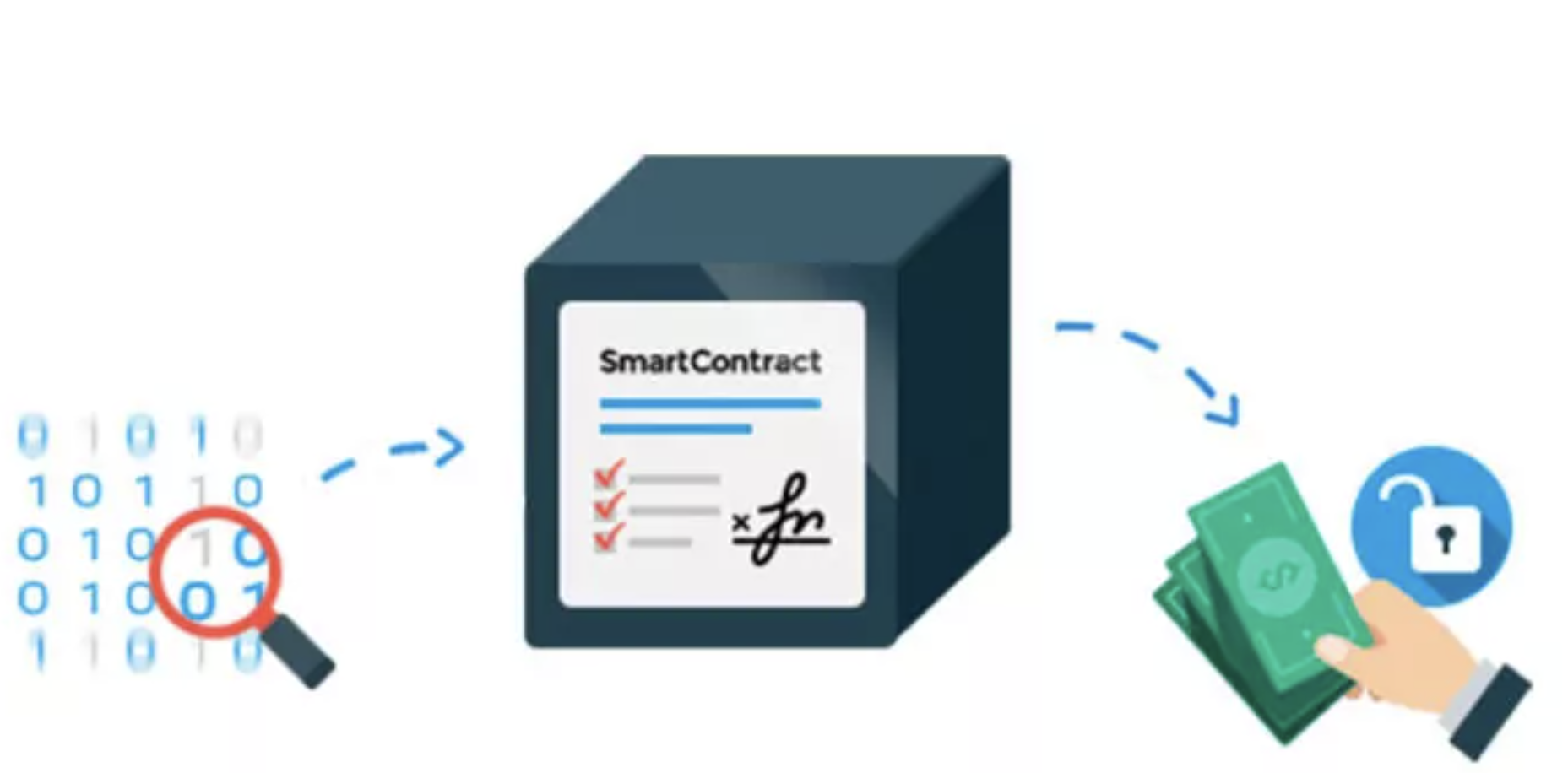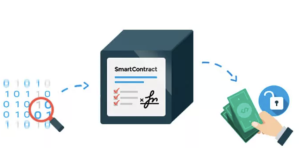Join Our Telegram channel to stay up to date on breaking news coverage
The European Commission has dismissed concerns from the blockchain industry that the proposed Data Act could stifle innovation by making smart contracts illegal.
EU Officials Assure Blockchain Industry – New Data Rules Will Not Render Smart Contracts Illegal
Deep concerns have emerged within the industry regarding an EU bill currently undergoing review. These concerns stem from the perception that the bill imposes demanding obligations on smart contracts, such as the need to withstand manipulation, securely reset, and regulate access.
However, officials have made efforts to assuage these anxieties, providing reassurances to Web3 entrepreneurs that their interests will remain unharmed by the proposed legislation.
A spokesperson for the commission, which introduced the bill last year, emphasized that existing smart contracts would not be rendered illegal upon the Data Act’s implementation.
They clarified that while the law extends beyond the Internet of Things, covering software used for automating contract execution in data sharing contexts, the requirements outlined in the controversial sections are sufficiently high-level and should not pose significant challenges for smart contract software vendors.
Despite these assurances, industry lobbyists remain apprehensive, believing that the legislation may have unintended consequences that reach far beyond its intended scope.
Chris Donovan, the general counsel at the NEAR Foundation, expressed concerns about the broad language of the current draft, fearing that it could introduce ambiguity regarding its intended application.
Donovan drew attention to the adverse impact of regulatory uncertainty in other jurisdictions, citing ongoing pursuits of crypto companies by securities regulators in the United States. He warned that the proposed regulations in the EU could prove extremely challenging, and in some cases, impossible to fulfill.
Smart contracts, which utilize blockchain technology to automatically release funds upon meeting predetermined conditions, have found extensive applications in decentralized finance.
While the EU’s proposed regulations may be feasible for private blockchains with a central authority, Donovan worries that they could undermine the core principle of public, permissionless networks, where contract immutability and resistance to manipulation are paramount.
He argued that the intentional design of trustless transaction environments, often deployed using open-source principles, would be compromised by regulations necessitating updates, pauses, or reversals.
A joint open letter sent by prominent companies and industry organizations, including Fujitsu, Ledger, Ripple, the European Crypto Initiative, and Blockchain for Europe, has urged lawmakers and the commission to address the problematic ambiguities in the legislation.
The letter contends that the proposed law not only puts smart contracts on blockchains such as Ethereum, Avalanche, Cardano, NEAR, and Polkadot at risk but also potentially contradicts the recently enacted Markets in Crypto Assets law and poses a threat to the European economy.
With the legislative process at an advanced stage, both the Council and the European Parliament have approved versions of the text containing the contentious smart contract provisions. Nevertheless, Donovan remains optimistic, expressing hope that the concerns raised in the open letter will be taken into account and that the legislation will be revised accordingly.
As the debate surrounding the Data Act continues, stakeholders from the blockchain industry are eagerly awaiting the final decision, which will undoubtedly have far-reaching implications for the future of smart contracts and blockchain innovation in Europe.
European Union Temporarily Delays Digital Euro Legislation
In a surprising turn of events, the European Union (EU) has decided to halt the implementation of the much-anticipated digital euro legislation, originally slated for June 28th.
The decision came after a leaked draft bill exposed concerns regarding privacy and technical aspects related to central bank digital currencies (CBDCs).
The bill, which was on the verge of publication, has faced numerous delays and revisions in its timeline. Initially expected to be released in May, the publication date was pushed back to the end of June. The European Commission’s decision-making body was scheduled to discuss the bill on June 28th before proceeding with its publication.
Last week, finance ministers engaged in extensive discussions, emphasizing the need for a clear narrative on the economic impact and changes to the lives of EU citizens.
Irish Finance Minister Paschal Donohoe, who chaired the talks, expressed support for the initiative but highlighted the importance of exploring alternative options and developing a compelling narrative.
The leaked draft bill proposed banning interest on digital euros by banks, preventing fees on usage by merchants, enabling offline payments like cash, and allowing unrestricted programming of the digital currency.
With the bill now on hold, the release date remains uncertain, as no revised timeline has been announced.
Related Articles
- New Crypto Regulation Bill Approved in UK
- EU Regulator To Launch MiCA Consultation Starting July – Here’s Why
- Exploring Right-Wing Influence in The European Crypto Market
Best Wallet - Diversify Your Crypto Portfolio
- Easy to Use, Feature-Driven Crypto Wallet
- Get Early Access to Upcoming Token ICOs
- Multi-Chain, Multi-Wallet, Non-Custodial
- Now On App Store, Google Play
- Stake To Earn Native Token $BEST
- 250,000+ Monthly Active Users
Join Our Telegram channel to stay up to date on breaking news coverage




